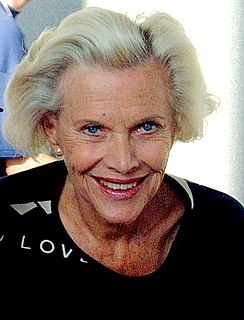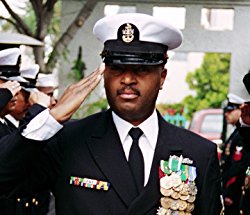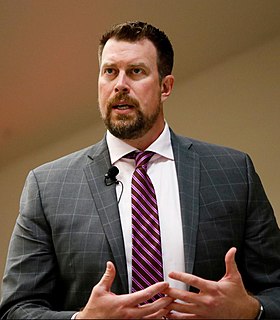A Quote by Charlie Huston
The violence for me is never meant to be entertaining. It's meant to hurt the characters and I'm trying to show the impact it is having on the people involved with it. If there is cathartic violence at the end, then it costs the protagonist something. It's not just a blaze-of-glory moment.
Related Quotes
Before I met No I thought that violence meant shouting and hitting and war and blood. Now I know that there can also be violence in silence and that it’s sometimes invisible to the naked eye. There’s violence in the time that conceals wounds, the relentless succession of days, the impossibility of turning back the clock. Violence is what escapes us. It’s silent and hidden. Violence is what remains inexplicable, what stays forever opaque.
Domestic violence can be so easy for people to ignore, as it often happens without any witnesses and it is sometimes easier not to get involved. Yet, by publicly speaking out against domestic violence, together we can challenge attitudes towards violence in the home and show that domestic violence is a crime and not merely unacceptable.
I must remind you that starving a child is violence. Suppressing a culture is violence. Neglecting school children is violence. Punishing a mother and her family is violence. Discrimination against a working man is violence. Ghetto housing is violence. Ignoring medical need is violence. Contempt for poverty is violence.
I'm so sick of seeing guns in movies, and all this violence; and if there was going to be violence in Pines, I wanted it to actually be narrative violence. I wasn't interested in fetishizing violence in any way of making it feel cool or slow-motion violence. I wanted it to be just violence that affected the story.
Non-violence is a very powerful weapon. Most people don't understand the power of non-violence and tend to be amazed by the whole idea. Those who have been involved in bringing about change and see the difference between violence and non-violence are firmly committed to a lifetime of non-violence, not because it is easy or because it is cowardly, but because it is an effective and very powerful way.
You can't assume if you do something contentious that people will be on your side. The moment violence enters the story, the story changes. Then the question is, "How do you face up to violence?" And then you have to have a no-compromise position. And this is quite simply a lesson we learn in the school playground.
When I got to the end of this play, I realized I was trying to make Angel do something that had not been justified by the characters and by their story . . .. I kept trying to force it, but that doesn't work. So I had to come to terms with what it meant for me to create a character who doesn't triumph.
We must realize that violence is not confined to physical violence. Fear is violence, caste discrimination is violence, exploitation of others, however subtle, is violence, segregation is violence, thinking ill of others and condemning others are violence. In order to reduce individual acts of physical violence, we must work to eliminate violence at all levels, mental, verbal, personal, and social, including violence to animals, plants, and all other forms of life.
My approach to violence is that if it's pertinent, if that's the kind of movie you're making, then it has a purposeI think there's a natural system in your own head about how much violence the scene warrants. It's not an intellectual process, it's an instinctive process. I like to think it's not violence for the sake of violence and in this particular film, it's actually violence for the annihilation of violence.
I've always been terrified of violence which is probably why I keep making violent films - I'm trying to exorcise some demons or something. My mum ended up bringing me up on the edge of a big estate in south London, so I was on the periphery of violence - a lot of football violence and stuff because I was a Millwall supporter. So I've always had a very healthy fear of it, yet at the same time a fascination. I think in all of my films that's a really strong subtext... people who are terrified by violence but are yet compelled by it as well.
You'd better have faith that everything happens for the best. Nothing happens in your life that isn't something that you are meant to learn to get you where you need to go so you can become who you are meant to be. And that meant-to-be might be someone you don't even know exists at this moment in time.


































